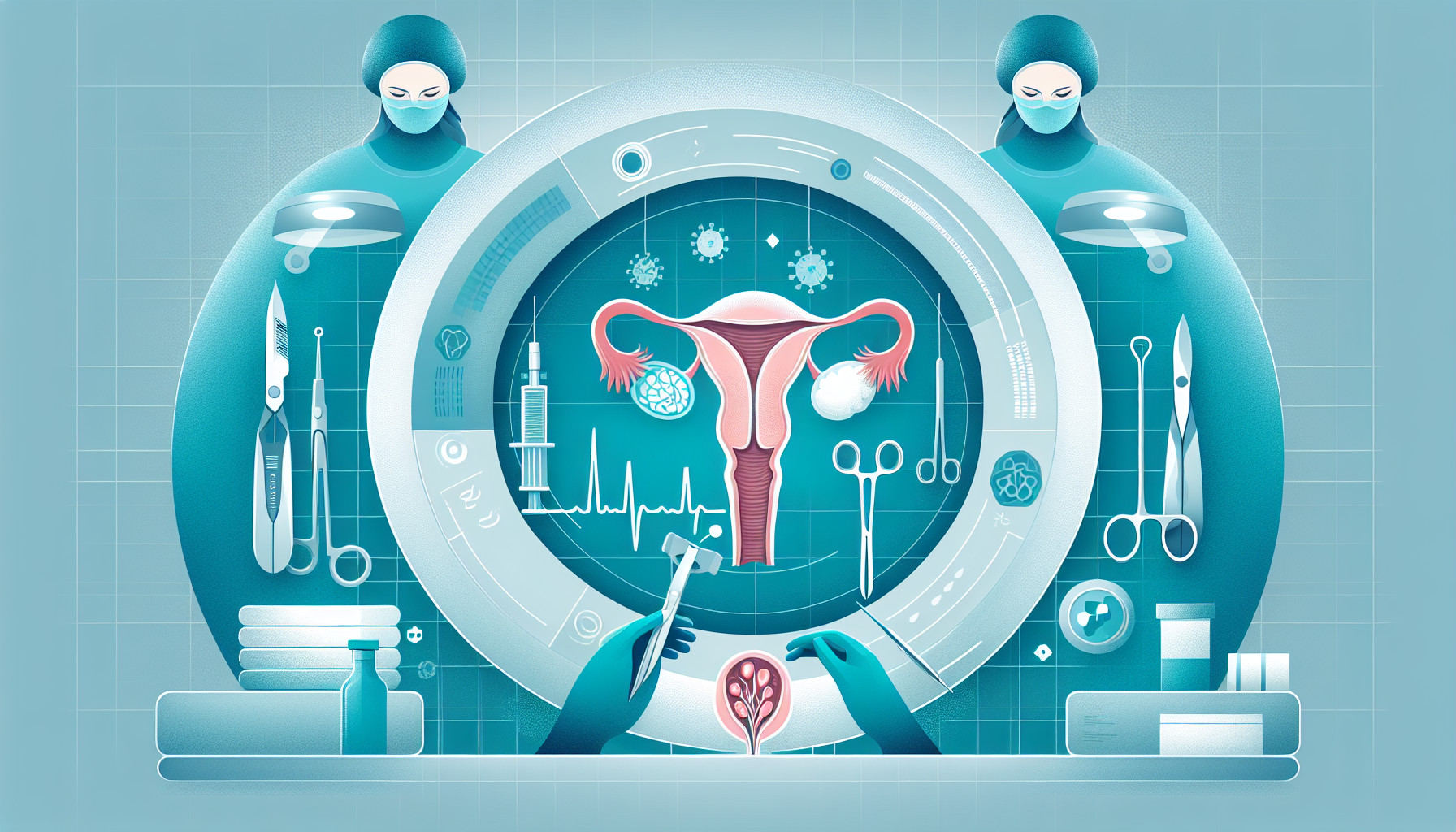Our Summary
This research paper reviews the effectiveness of using laser and light-based treatments to reduce excessive hair growth (hirsutism) in women with polycystic ovary syndrome (PCOS). This is a significant issue for these women and can have a negative impact on their mental health. The authors reviewed multiple studies and found that a type of laser, the Alexandrite laser, was particularly effective in reducing the severity of hirsutism and improving psychological wellbeing. It was found to be more effective than another treatment called intense pulsed light (IPL). Adding medication (metformin or oral contraceptive pills) to a different laser treatment (diode laser) was also found to be more effective than using the laser on its own. Most patients tolerated the treatments well. However, the authors caution that the evidence is not strong enough to make definitive conclusions, particularly for those with darker skin. They call for more research to provide stronger proof for these treatments in a more diverse group of women with PCOS and hirsutism.
FAQs
- What type of laser was found to be particularly effective in reducing the severity of hirsutism in women with PCOS?
- Is laser treatment more effective when combined with medication for women with PCOS and hirsutism?
- Why do the authors caution against making definitive conclusions from the evidence presented in the study?
Doctor’s Tip
A doctor may advise a patient undergoing ovarian cyst removal to rest and avoid strenuous activities for a few days after the procedure. They may also recommend taking pain medication as needed and staying hydrated to aid in the healing process. It’s important for the patient to follow the doctor’s post-operative instructions carefully to ensure a smooth recovery.
Suitable For
Patients who are typically recommended ovarian cyst removal include those with:
- Large cysts (greater than 5 centimeters in diameter)
- Cysts that are causing severe pain or discomfort
- Cysts that are persistent or growing in size
- Cysts that are suspected to be cancerous
- Cysts that are causing infertility or other reproductive health issues
- Cysts that are causing abnormal bleeding or other menstrual irregularities
It is important for patients to discuss their individual case with their healthcare provider to determine if ovarian cyst removal is the best course of action for them.
Timeline
Before Ovarian Cyst Removal:
- Patient experiences symptoms such as pelvic pain, bloating, and irregular menstrual cycles.
- Patient consults with a healthcare provider who may order imaging tests to diagnose the ovarian cyst.
- Depending on the size and type of cyst, the healthcare provider may recommend watchful waiting, medication, or surgical removal.
- If surgery is recommended, the patient undergoes pre-operative testing and preparation.
- Patient undergoes ovarian cyst removal surgery, which can be done laparoscopically or through open surgery.
After Ovarian Cyst Removal:
- Patient recovers in the hospital or at home, depending on the type of surgery.
- Patient may experience pain and discomfort post-surgery, which can be managed with medication.
- Follow-up appointments are scheduled to monitor the healing process and ensure there are no complications.
- Patient may experience changes in menstrual cycles and hormonal levels post-surgery.
- Patient may need to make lifestyle changes or take hormonal medication to manage any remaining symptoms or prevent future cysts.
- Patient may experience relief from symptoms such as pelvic pain and bloating.
What to Ask Your Doctor
- What are the risks and potential complications associated with ovarian cyst removal surgery?
- How long is the recovery time after the surgery and what can I expect during the recovery process?
- Will the removal of the ovarian cyst affect my fertility or hormonal balance?
- Are there any alternative treatments or options available for managing ovarian cysts?
- How likely is it for the ovarian cyst to return after removal?
- What type of anesthesia will be used during the surgery and what are the potential side effects?
- How experienced are you in performing ovarian cyst removal surgeries?
- Will I need to follow any specific dietary or lifestyle recommendations after the surgery?
- How soon after the surgery can I resume normal activities, such as work or exercise?
- Are there any long-term effects or complications that I should be aware of following ovarian cyst removal surgery?
Reference
Authors: Tan K, Coster T, Mousa A, Mar A, Piltonen T, Boyle JA, Teede H, Joham A, Romualdi D, Tay CT. Journal: JAMA Dermatol. 2024 Jul 1;160(7):746-757. doi: 10.1001/jamadermatol.2024.0623. PMID: 38630483
